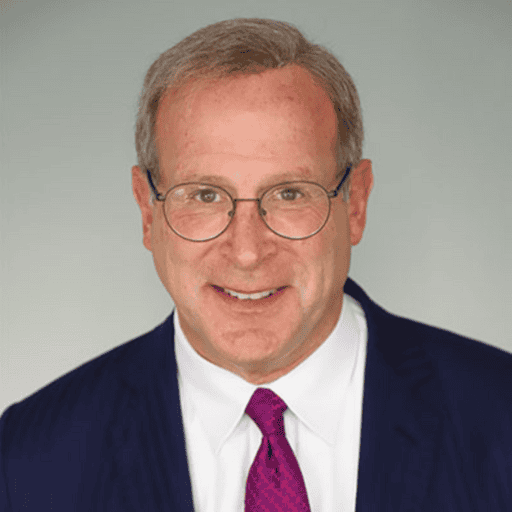When Arthur Levitt (Clinton) replaced Richard Breedon (Bush I), there was a change. When Mary Shapiro (Obama) replaced Christopher Cox (Bush II), there was another change. But no appointment could rival the current directional shift more starkly than the selection of Paul Atkins to be the new SEC chair.
Atkins’ predecessor, Gary Gensler (Biden), despite his Wall Street credentials (he was a partner at Goldman Sachs before becoming chairman), was aggressive in his pursuit of securities regulation, often through the use of the agency’s prosecution power. Climate change regulation, cyber disclosure, and crypto enforcement were hallmarks of his tenure. Fines and the number of enforcement actions peaked under his leadership, as did criticism by some for “regulation by prosecution.”
Atkins, the new sheriff in town, plans to change all that. On May 8th, in his first address to the SEC staff, he derided Gensler’s legacy, claiming that “the SEC’s long-held reputation [for fairness and integrity] has ‘suffered’ over ‘the last four years,’ while at the same time vowing to ‘keep politics out of our securities laws and regulations.’”
Predictably, the number of SEC enforcement actions this year under the Trump Administration has plummeted from a record high during Gensler’s last quarter (Q1 2025) of 118 “stand-alone” actions to 25 (Q2 2025). At this rate, the agency will bring roughly 100 enforcement actions within the next year, good for between 20% – 25% of the 2024 (431) and 2023 (501) totals.
As Atkins himself pointed out, the SEC will be fulfilling its mission with seriously reduced staffing – 15% attrition according to the SEC itself. Two offices – Los Angeles and Philadelphia – have lost their leases, and the nine regional administrator positions have been eliminated. Formal orders now have to be reviewed by the Commission itself, thereby adding an additional level of review.
Even before Atkins’ arrival, the dismantling of the Gensler apparatus was well under way. The Enforcement Division’s Crypto Assets and Cyber Unit was replaced with a significantly smaller Cyber and Emerging Technologies Unit intended to complement the work of a newly-formulated Crypto Task Force headed by Commissioner Hester Peirce. Dozens of crypto related cases were paused or abandoned, as were the Commission’s efforts in the ESG space. All prosecutions under the Foreign Corrupt Practices Act were paused as well.
Atkins will be addressing participants next week at the upcoming SEC Speaks conference in Washington, D.C. Sessions include ones dedicated to Corporation Finance, Examinations, Trading & Markets, and Economic Analysis, but the most significant sessions may be the ones devoted to SEC enforcement priorities and related matters.
Where we are going and what all this means is hard to glean. One thing is certain, however: the Atkins Commission will have its hands full, undoing much of the work of the prior administration and leaving its own stamp on a smaller, less activistic agency.

RICHARD A. LEVAN is a partner at Dailey LLP, where he specializes in matters affecting the securities industry.
